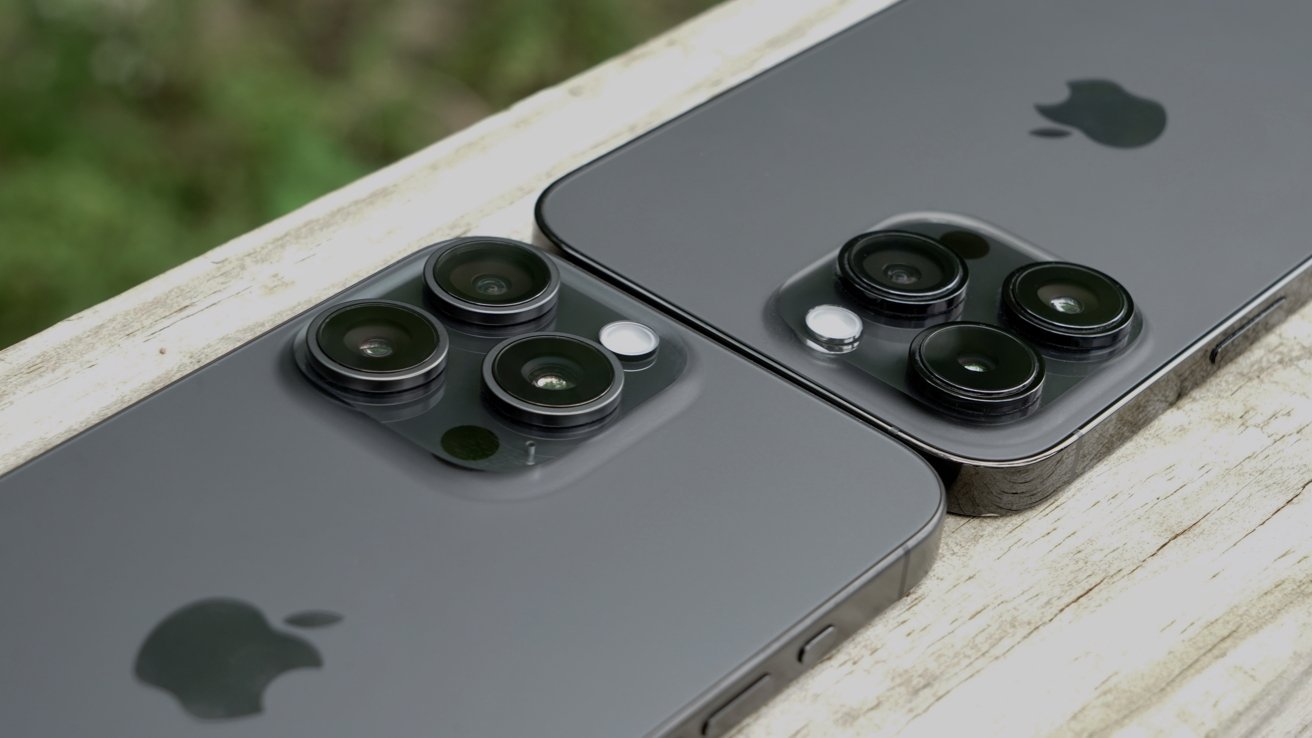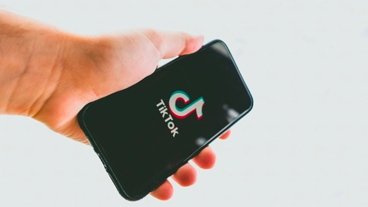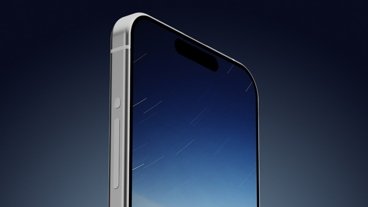An iPhone ban in the South Korean military that has less to do with security and more to do with a poorly crafted mobile device management suite coupled with nationalism may be expanding to the rank-and-file.
The ban, in Samsung's backyard, has reportedly started in the country's Air Force headquarters. A report on Tuesday morning claims that the ban is on all devices capable of voice recording and do not allow third-party apps to lock this down — with iPhone specifically named.
"It's inevitable to block any kind of voice recording, not just formal communications including meetings, office conversations, business announcements and complaints from and consultations with the public, but also informal communications such as private phone calls (within military buildings)," the document distributed by the military reportedly says.
According to sources familiar with the matter cited by Tuesday's report, the iPhone is explicitly banned. Android-based devices, like Samsung's, are exempt from the ban.
The ban isn't just on iPhones. It also is said to encompass wearables like the Apple Watch as well.
Beyond potential favoritism for the home-grown devices, it's not clear why the South Korean government thinks that third-party apps on iPhone can't lock down voice recording. The report says the camera can be locked down by mobile device management, but there are ways to prevent audio recording as well.
The issue appears to be that the South Korean National Defense Mobile Security mobile device management app doesn't seem to be able to block the use of the microphone. This particular MDM was rolled out in 2013, with use enforced across all military members in 2021.
The report talks about user complaints about the software, and inconsistent limitations depending on make, model, and operating system. A military official speaking to the publication says that deficiencies on Android would be addressed in a software update.
Discussions are apparently underway to extend the total ban downwards to the entire military. The Army is said to have tried the ban as well.
Smartphone restrictions in secure facilities are common, but a total ban is not
The apparently faulty South Korean military MDM aside, there are obvious reasons to not have a device handy that can communicate with the outside world when security is paramount.
It's not uncommon to have some kind of smart device restriction in secure facilities, with the requirements escalating proportionately to the security needs. Two AppleInsider staffers — including this author — can directly testify to how this works at several different levels.
South Korea's potential iPhone ban spanning all military buildings and personnel is extreme. It speaks to a larger issue with security training, compliance, and access control. There is also a hint of nationalism, as Samsung devices are explicitly allowed.
Seven in 10 South Korean military members are Samsung users. So, the ban appears to be mostly symbolic.
 Mike Wuerthele
Mike Wuerthele







-m.jpg)






 Wesley Hilliard
Wesley Hilliard
 Marko Zivkovic
Marko Zivkovic

 Christine McKee
Christine McKee
 Amber Neely
Amber Neely

 Malcolm Owen
Malcolm Owen








11 Comments
Looks like other countries have figured out how to give a tit-for-tat response to US bullying other countries' goods manufacturers. US is no longer the country that every one fears anymore and hence more and more retaliatory actions against US products is seen in most countries now.
Is bog standard Android open source?
They are trying to shore up Samsung......
ppl dont understand something that all android phones r totally different in the security and camera . it mostly depends on the company.
google is the most secure phone it has security and updates for 7yrs samsung also has 7yrs but google also has free vpn so when on public wifi u r totally secure.
but some phones r totally useless for security then dont get any security updates